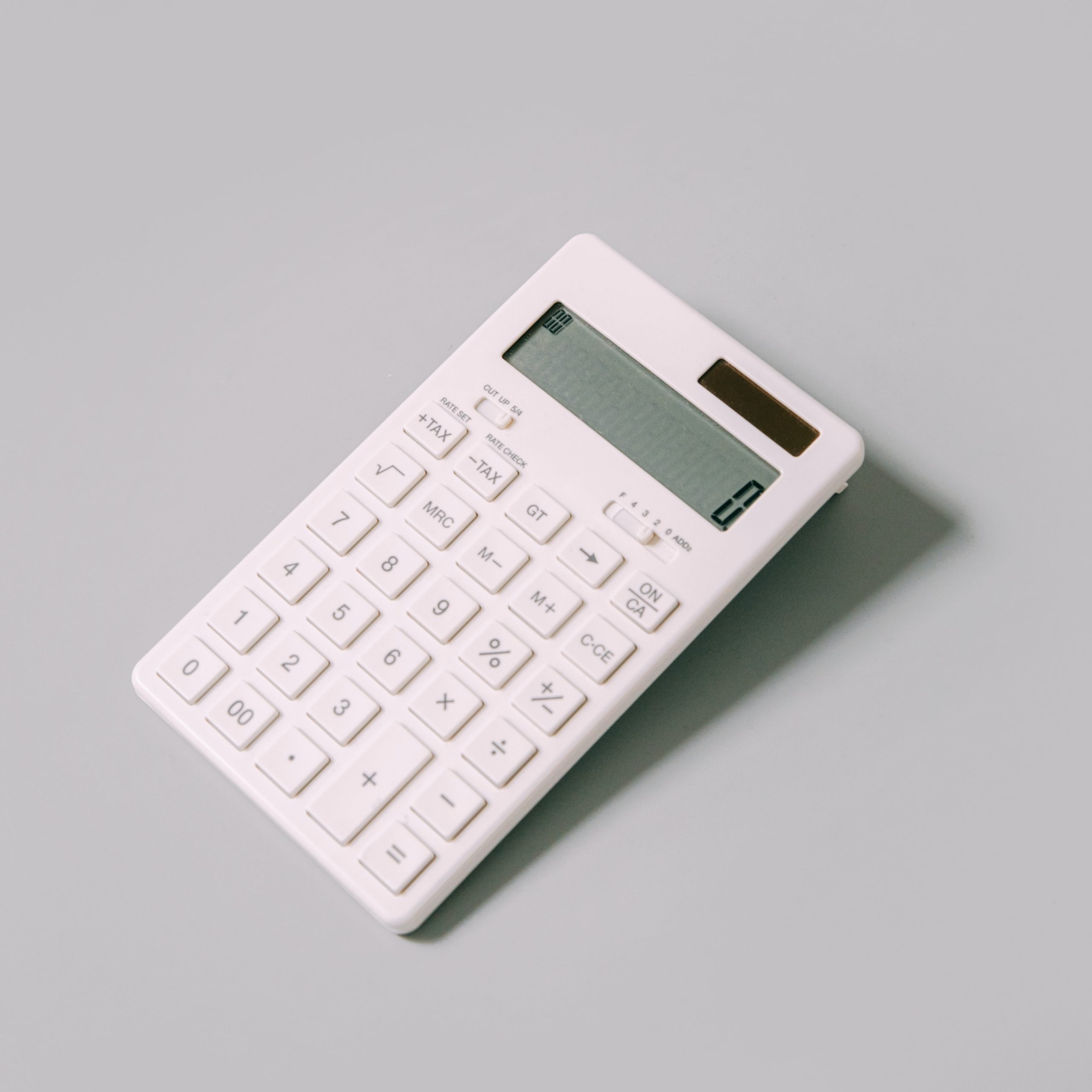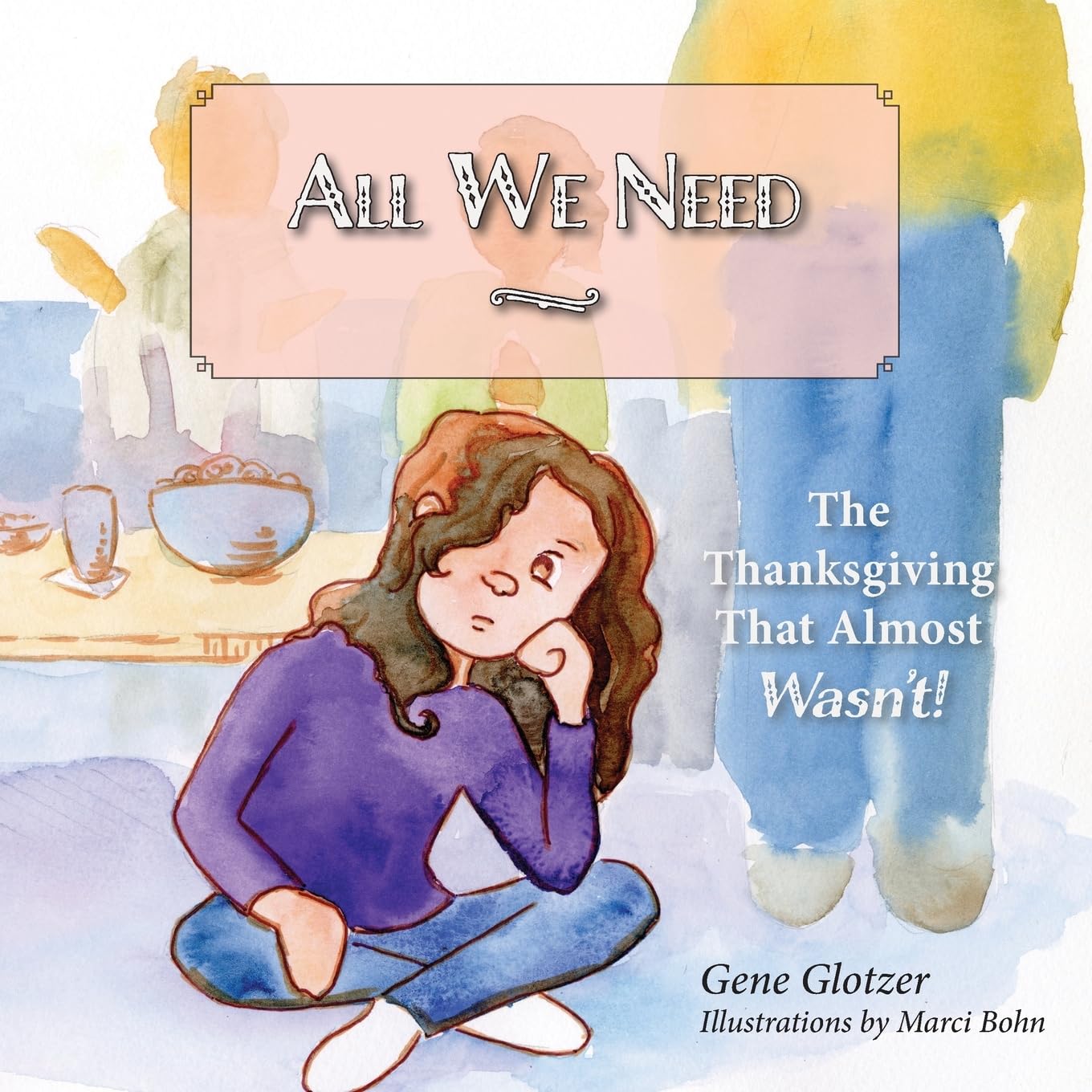The AIs used to detect whether a piece of writing is AI generated or not think that the US Constitution and the Bible are AI generated. That’s objectively funny. But is it a problem? The easy answer is that, yes, it is a problem. The AI detectors don’t do what they are designed to do. Or, at least, they don’t do it well. That’s not what I mean when I ask the question, though. What I mean is whether the failure of AI detectors is a problem for people or for society.
This way of framing the question is less straightforward. People, especially teachers, are certainly afraid of AI. They see it as a way for their students to cheat and they want the AI checkers for the same reason they currently use plagiarism checkers (whether those are a good thing is a different question). Workers are also worried about AI. They see it as a threat to their jobs. In the near future, we may have the technology to automate away many jobs. Without AI checkers, we’ll never know if the work was done by a human or not. That’s a big part of what the actors and writers are striking about right now. Finally, people are worried on the societal level about AI generated deep fakes. We can “record” anyone doing or saying anything at any time. Political operatives can smear another campaign. Spies can destabilize a government. Without a reliable way to identify deep fakes, who knows what nefarious actors can do?
There is another way to look at it, though. For starters, automating people out of jobs, in the long run, is probably a good thing. In the shorter term, AIs aren’t that good. I mean, they think the US Constitution was written by an AI. They might be able to get a passing grade in an undergraduate level class if someone is willing to take the time to finesse the inputs, but they can’t come close to sophisticated, artistic work at the moment. Actors, writers, and visual artists are probably safe for years to come. Plus, actors, writers, and visual artists will still have a place, even after AIs are “better” than they are. We still have an appetite for hand-crafted and homemade.
But the more important point is that AIs are tools, just like any other tool we’ve invented. AI has the potential to be disruptive, of course. It’s probably going to be more disruptive than anything since the internet was 20-25 years ago. That’s the important lesson here. The internet was incredibly disruptive, but despite its negatives (there are too many to list here), it has been a boon to humanity. Almost all of us walk around with access to the sum total of human knowledge in our pockets. You see the same thing with assembly lines, the printing press, and even the plow. There will almost certainly be a rough patch, but once we get a handle on the new tool, it will be as dangerous and useful as a calculator.











We need corporations to have less power before we eliminate jobs.
You’re right. And major government/social safety net reforms.